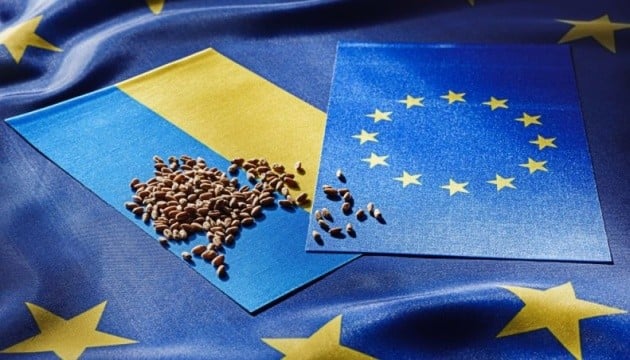 |
| Ukraine-Poland tensions: Kiev sets conditions, Warsaw has no other choice, but decides to be 'tough' on imported grain. (Source: Ukrinform) |
This was clearly stated by Polish government spokesman Piotr Mulle on ZET Radio - in response to the allegedly "bargaining" statement from Ukrainian Deputy Minister of Economy Taras Kachka that Kiev would withdraw its complaint from the WTO if Poland, Slovakia and Hungary guaranteed not to take unilateral steps to resolve the Ukrainian grain crisis - restricting the import of Ukrainian agricultural products to their markets.
Earlier, there was information from the Polish Ministry of Agriculture that negotiations on grain between Poland and Ukraine were progressing.
But so far Warsaw has no intention of lifting the embargo on Ukrainian grain. As spokesman Muller said, “The embargo will remain in place until we come to the conclusion that Ukrainian grain will not have a negative impact on our agricultural markets – which is unlikely to happen in the near future.”
Mr. Muller also noted that Poland is ready to negotiate with Ukraine, but "at this point, the situation has not changed, so the embargo remains in place." At the same time, he emphasized that Ukraine's withdrawal from the WTO "would be a good gesture that shows that Ukraine is looking for cooperative negotiations, not procedural negotiations."
When asked whether Poland would accept the proposals from Kiev?
A Polish government spokesman said that this was “unacceptable” for Warsaw. Ukraine actually wants its goods to be imported on the basis of a “license”, but without clearly defining the limits. This could completely destabilize our market again.”
As previously reported, Agriculture Minister Robert Telus called on his Ukrainian counterpart Mykola Solskyi to withdraw his complaint against Poland at the WTO over Warsaw’s blocking of Ukrainian grain exports to the Polish market – something he said would create a favorable environment for further negotiations to resolve the grain crisis; building mechanisms for the future and soothing certain emotions would not make things better.
Mr. Telus noted that Warsaw will consider Kiev's proposal to issue licenses for Ukrainian agricultural products to enter the Polish market, with Warsaw having the final say. The Polish Minister of Agriculture highly appreciated this proposal, adding that appropriate regulations should be developed.
The grain crisis is simmering in relations between Ukraine and Poland. Since September 16, Poland has unilaterally disobeyed the EC's decision, indefinitely banning the import of Ukrainian grain (including wheat, corn, sunflower and rapeseed) into its domestic market, maintaining the transportation of crops through its territory.
In response, Ukraine filed a complaint with the WTO against Poland and Hungary, which had acted in a similar manner.
Like Poland, Romania is now responding to the Ukrainian grain crisis in a different way. To avoid being seen as unwilling to help Ukraine, Romania has implemented an import-export licensing system agreed with Kiev to protect Romanian farmers. “We did not impose a unilateral ban because that would have sent a signal that Romania does not want to help Ukraine,” said Prime Minister Marcel Ciolacu.
Meanwhile, the grain dispute threatens to wipe out the goodwill Poland has built up with Kiev since Russia launched its military campaign in Ukraine (February 2022). There is currently so much grain stored in warehouses in eastern Poland that all the warehouses are overflowing, so much so that the grain is spilling out of the warehouses and onto the yard.
Across the agricultural region, some farmers say they are struggling to sell grain at prices barely covering costs, blaming their woes in part on last year’s flood of Ukrainian grain – imports that were green-lighted by the EU to help Kiev avoid a Russian blockade.
But the move has sent cheap Ukrainian wheat onto EU markets, creating a glut in Poland and sending domestic prices plummeting, angering farmers. Calming that anger is a top priority for the ruling Law and Justice party ahead of elections on 15 October – even if it threatens to further strain the alliance with Ukraine.
The right-wing populist party, which came to power eight years ago, is spending billions on agricultural subsidies and has controversially maintained an expired EU-backed unilateral embargo on Ukrainian wheat, corn, rapeseed and sunflower seeds. Analysts say the row over Ukrainian grain could be a sign of more friction ahead, as European farmers feel “threatened” by Kiev’s vast farms.
Poland has been a staunch supporter of Ukraine in the Russia-Ukraine conflict. But Ukrainian President Volodymyr Zelensky has accused Warsaw of creating “political theater” over grain and playing into Russia’s hands. Kiev’s filing of a complaint against Poland at the WTO was seen as the final straw, fueling further anger in Warsaw.
A recent survey by the Polish Institute for Market and Social Research (IBRiS) showed that the ruling party's coalition only won 35% of the vote, a dismal result that would leave the party short of the 231 seats in parliament needed to form a government.
For the Law and Justice Party, retaining rural voters in the east – who overwhelmingly supported the party in 2019 – is key to winning a third term, analysts say, while the recent grain turmoil is front and center in a country with 1.4 million farms.
According to analysts, fatigue from the Russia-Ukraine conflict and rampant inflation are creating a bad atmosphere ahead of the election, forcing the Law and Justice party to use the phrase “Poland First” more often.
Source


![[Photo] Ho Chi Minh City speeds up sidewalk repair work before April 30 holiday](https://vstatic.vietnam.vn/vietnam/resource/IMAGE/2025/4/3/17f78833a36f4ba5a9bae215703da710)
![[Photo] A brief moment of rest for the rescue force of the Vietnam People's Army](https://vstatic.vietnam.vn/vietnam/resource/IMAGE/2025/4/3/a2c91fa05dc04293a4b64cfd27ed4dbe)

![[Photo] General Secretary To Lam receives Japanese Ambassador to Vietnam Ito Naoki](https://vstatic.vietnam.vn/vietnam/resource/IMAGE/2025/4/3/3a5d233bc09d4928ac9bfed97674be98)
![[Photo] Prime Minister Pham Minh Chinh chairs meeting after US announces reciprocal tariffs](https://vstatic.vietnam.vn/vietnam/resource/IMAGE/2025/4/3/ee90a2786c0a45d7868de039cef4a712)
![[Photo] Prime Minister Pham Minh Chinh chairs the first meeting of the Steering Committee on Regional and International Financial Centers](https://vstatic.vietnam.vn/vietnam/resource/IMAGE/2025/4/3/47dc687989d4479d95a1dce4466edd32)



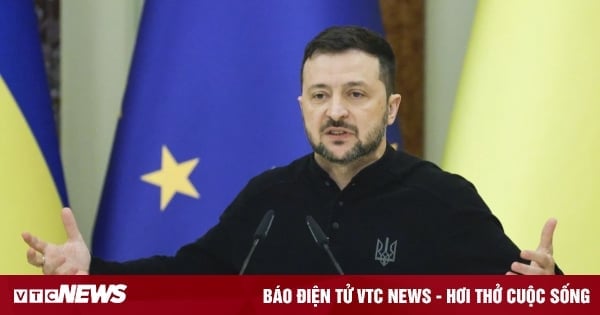

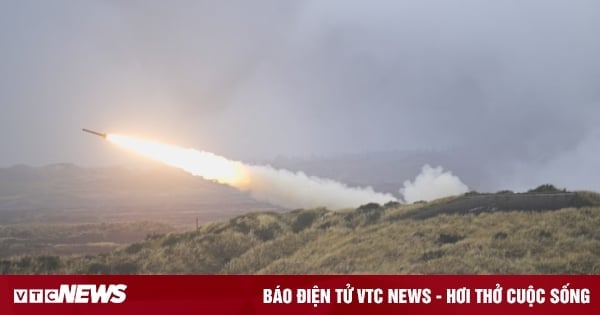


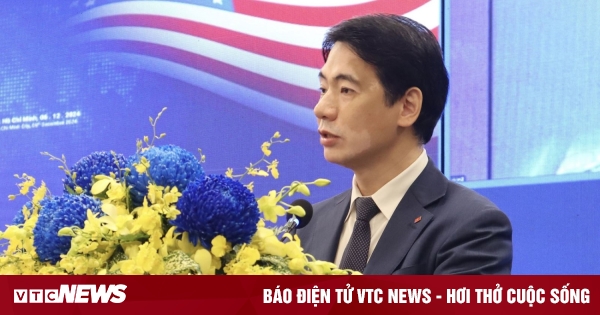
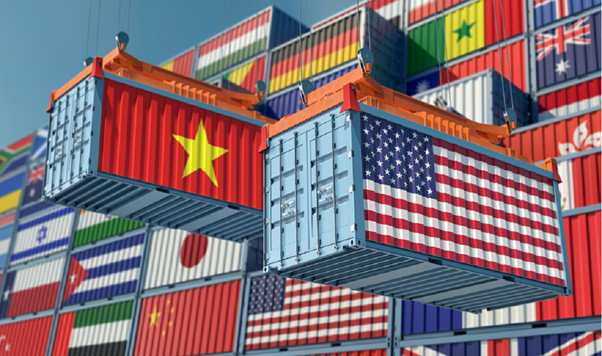
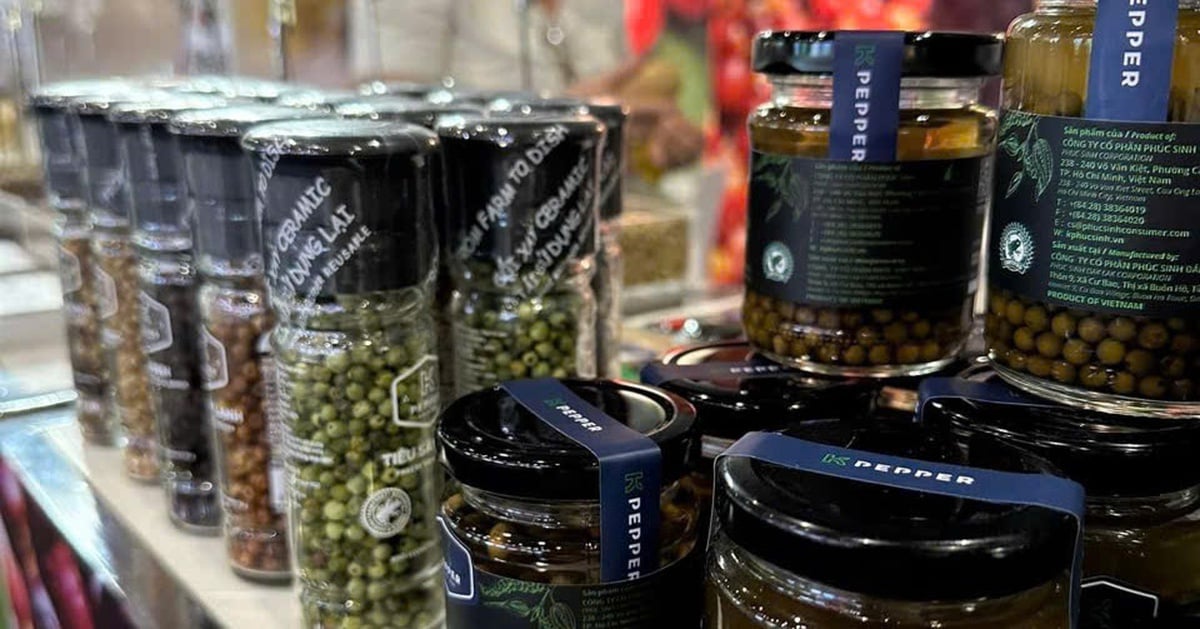
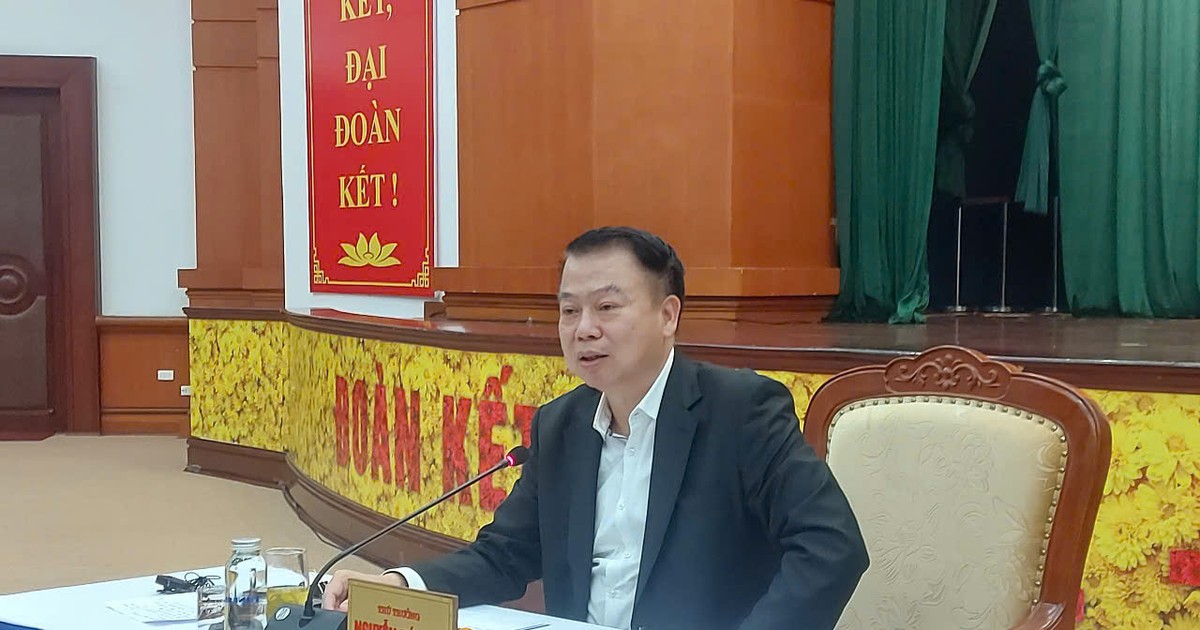
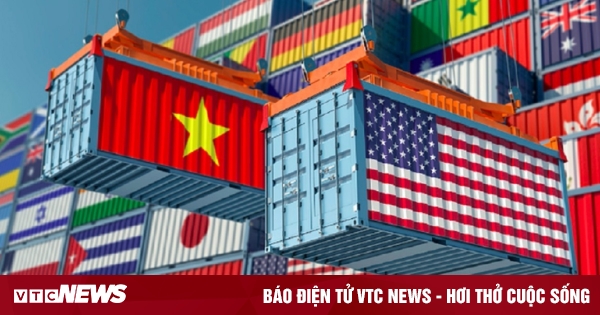
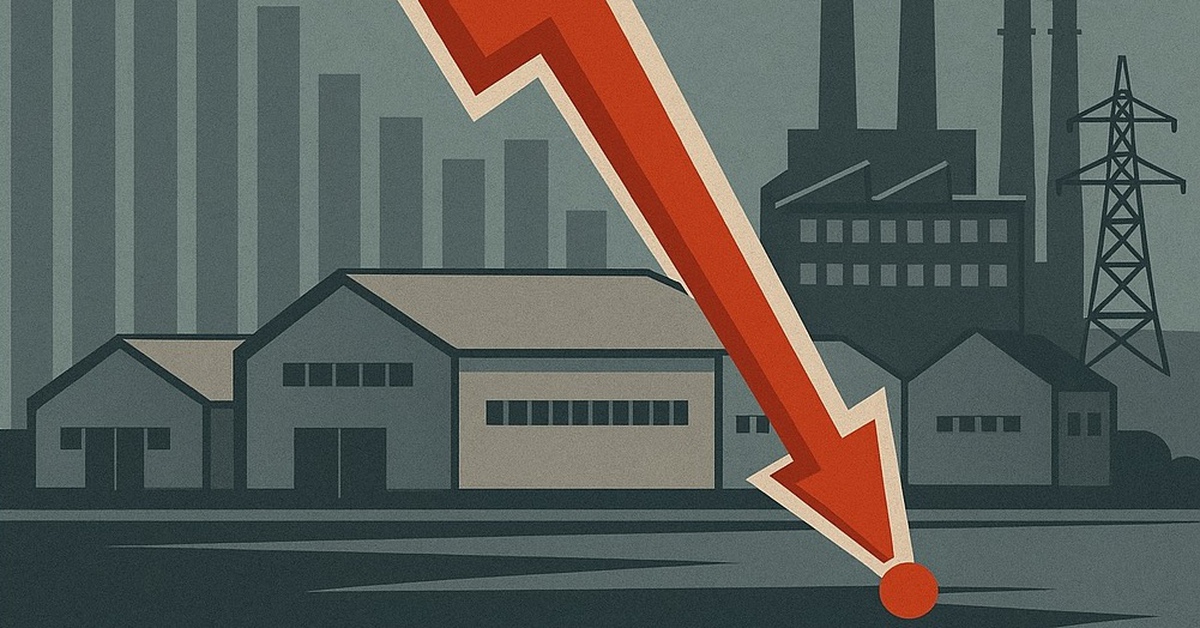




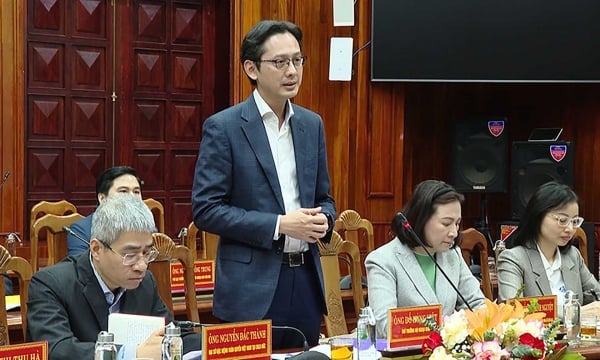
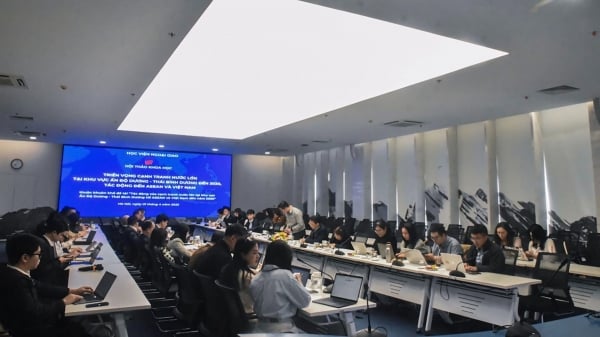

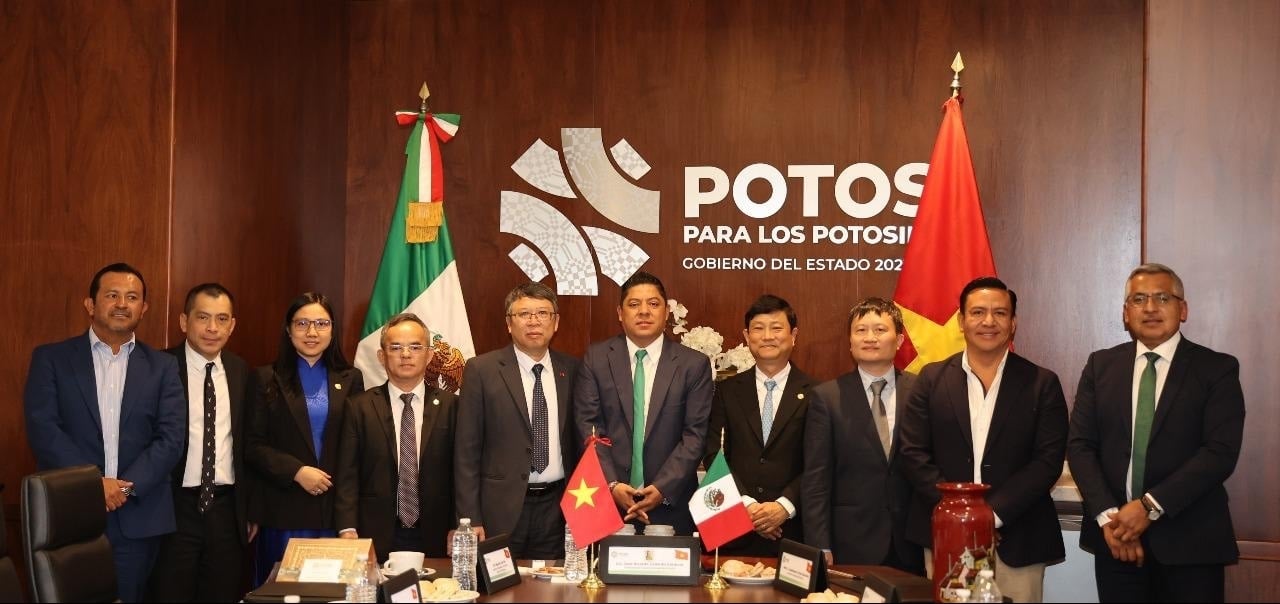

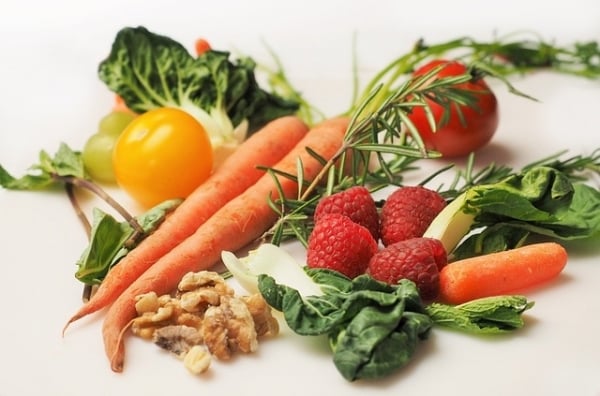




































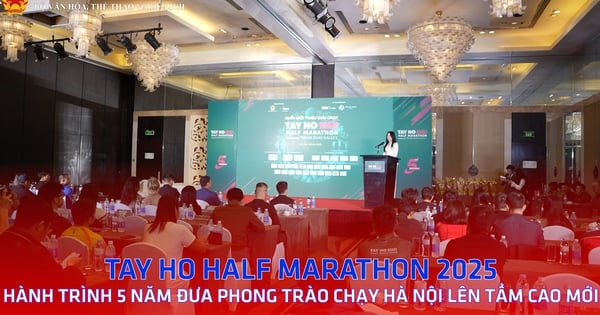







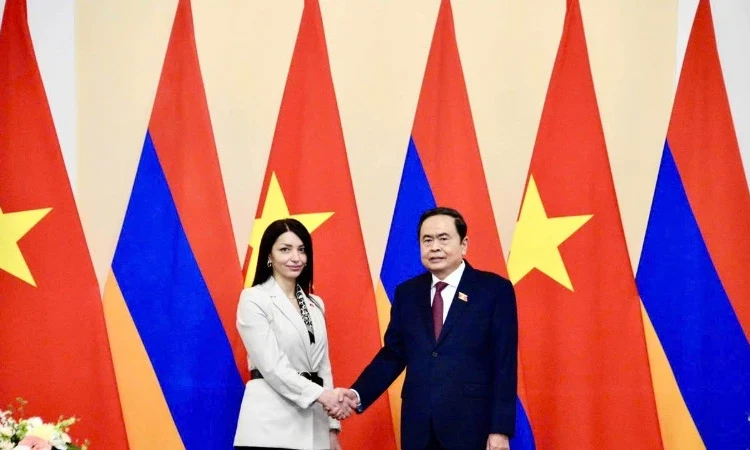
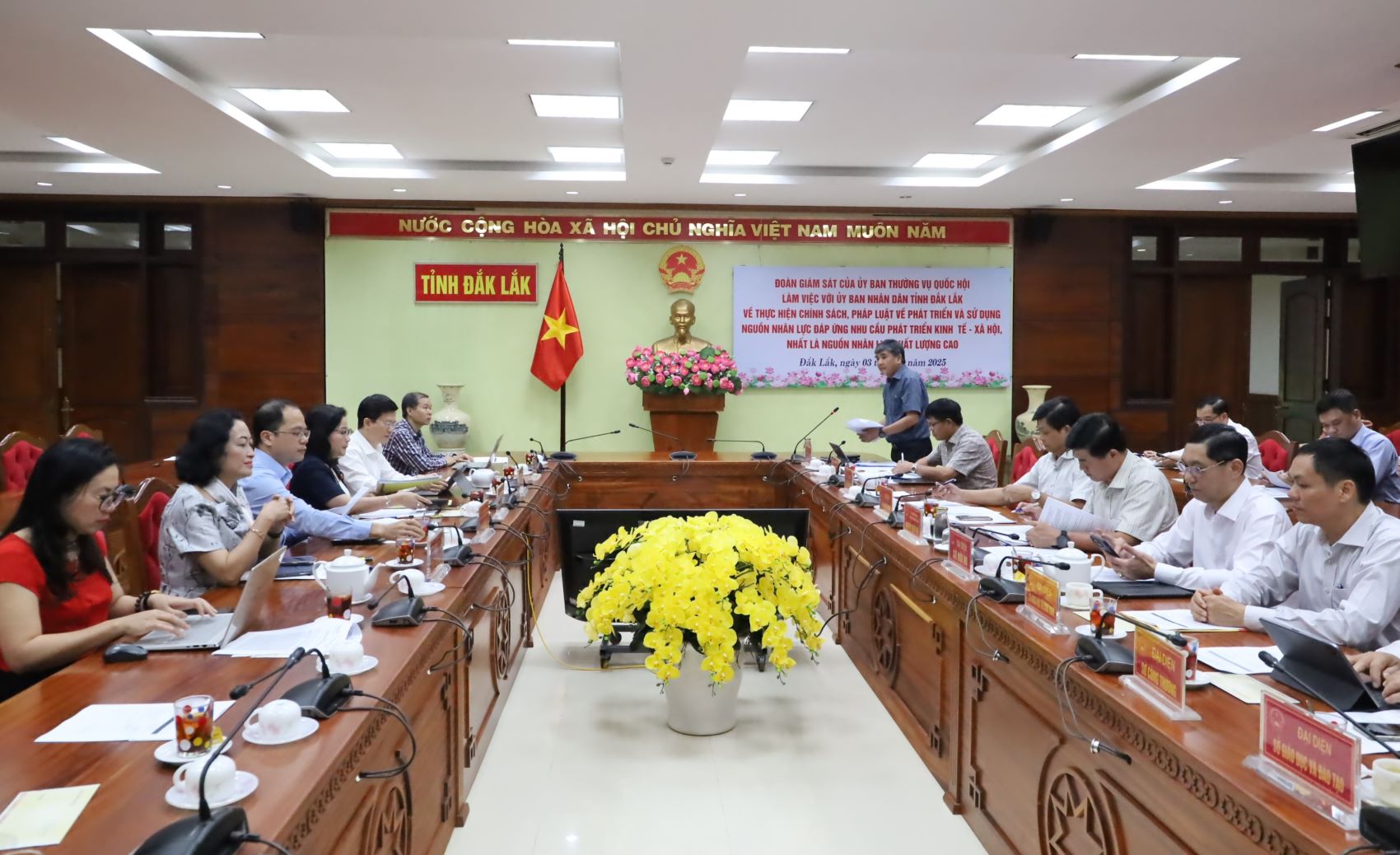
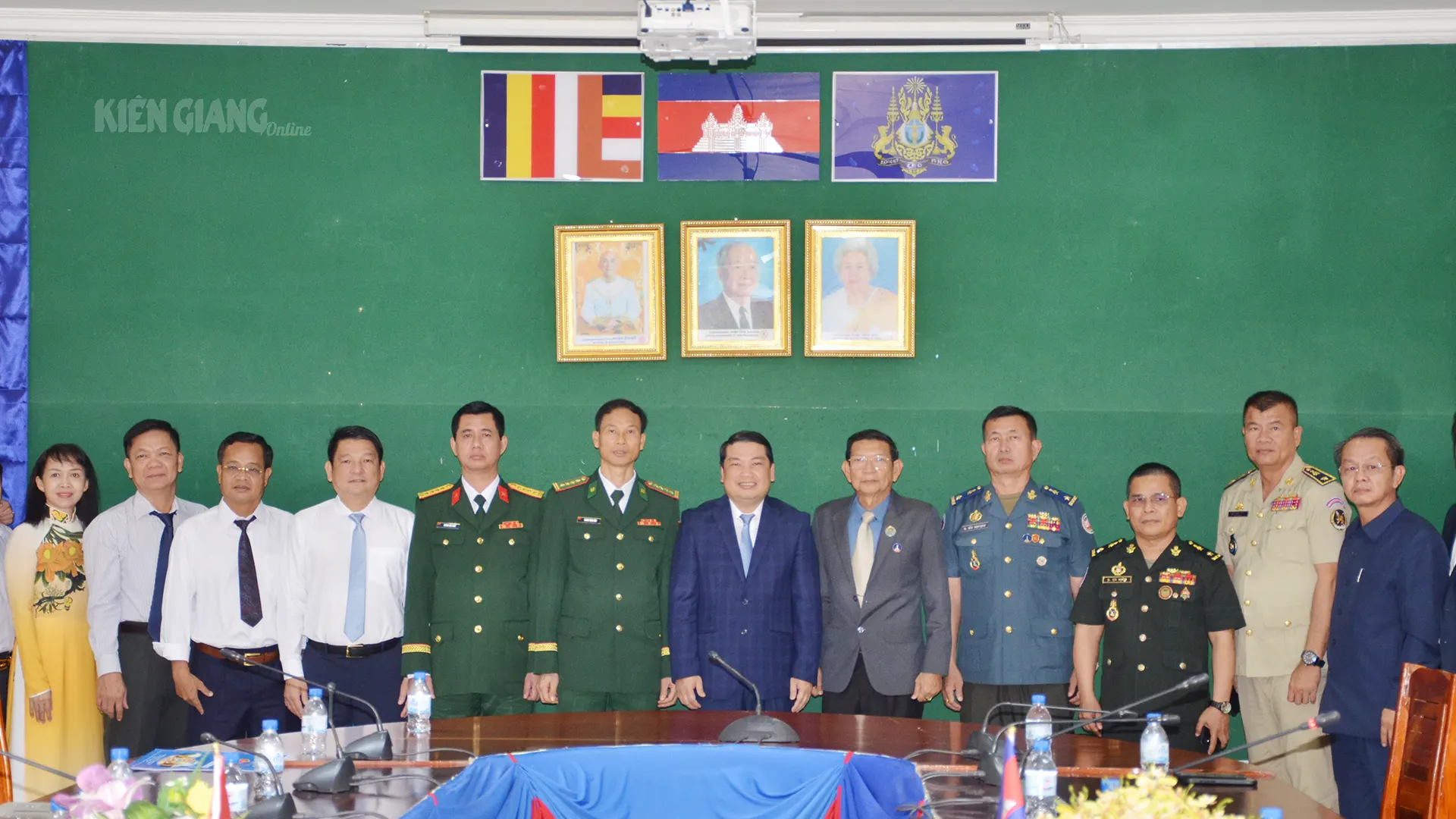
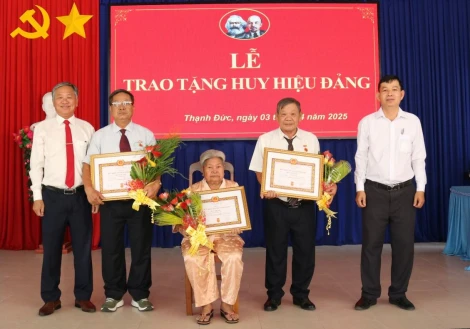
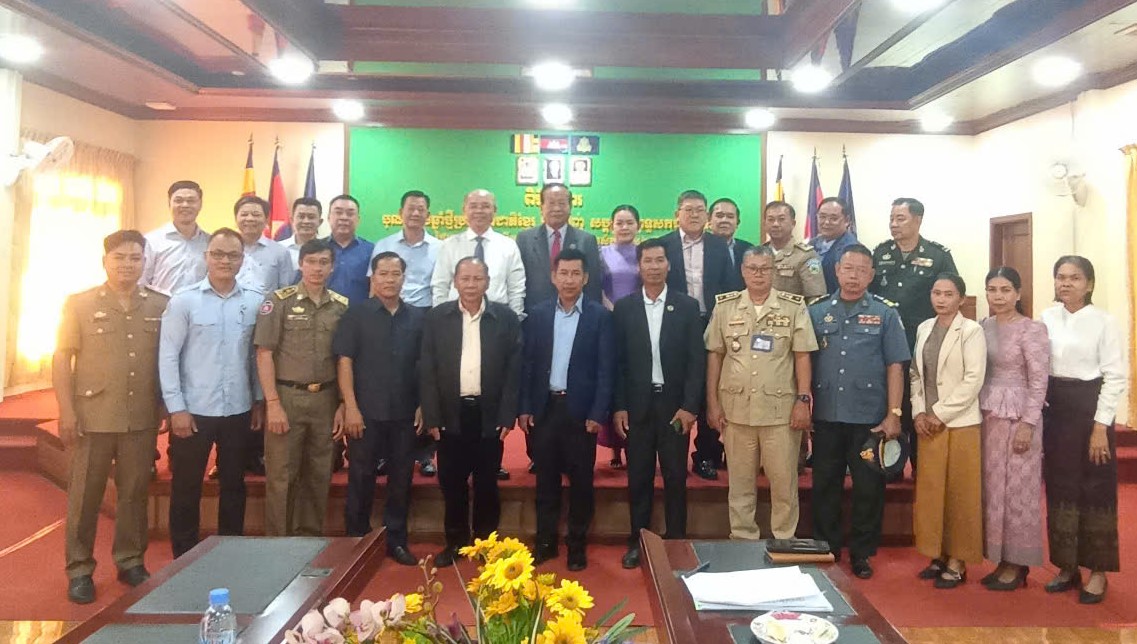
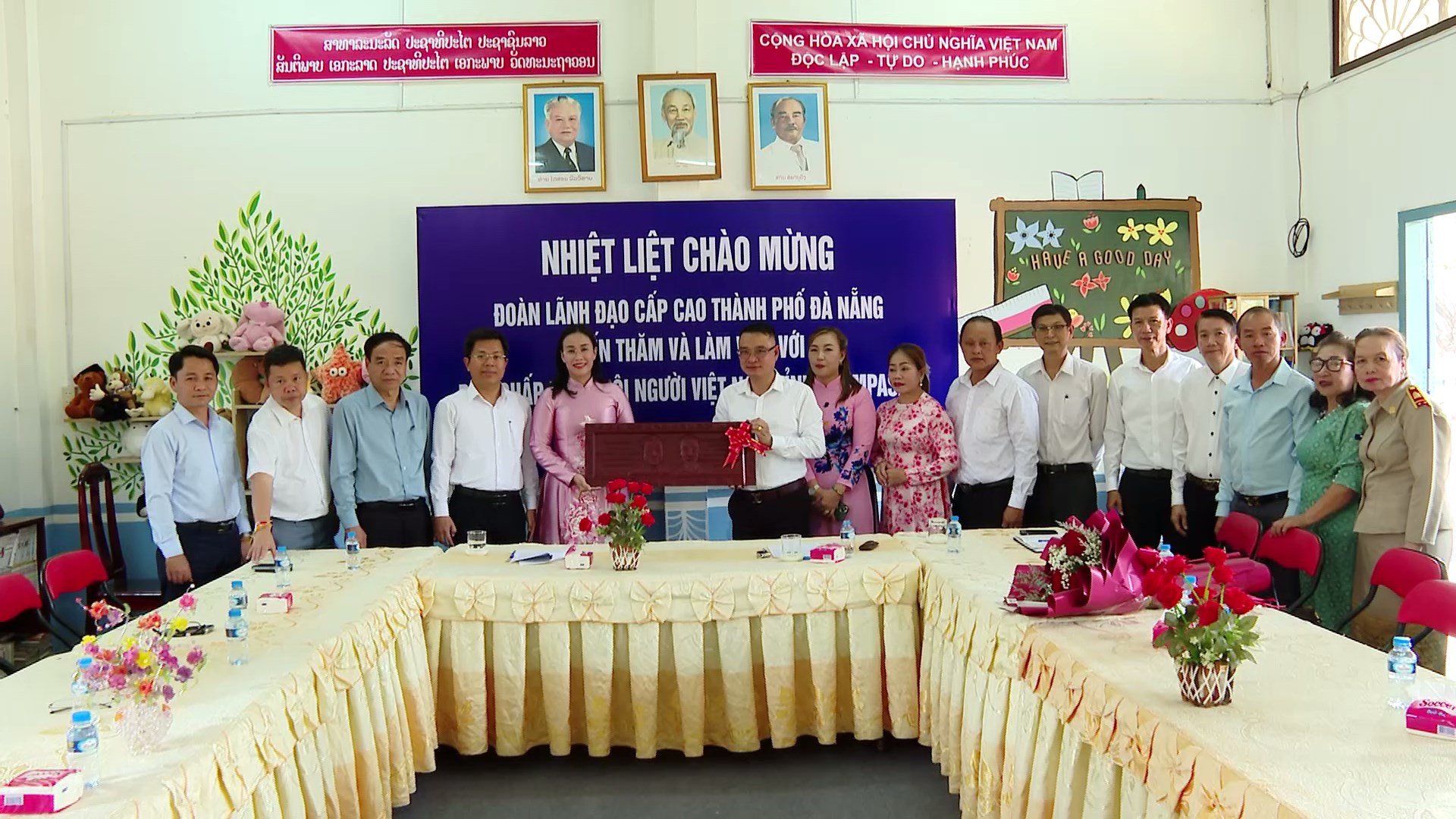












Comment (0)